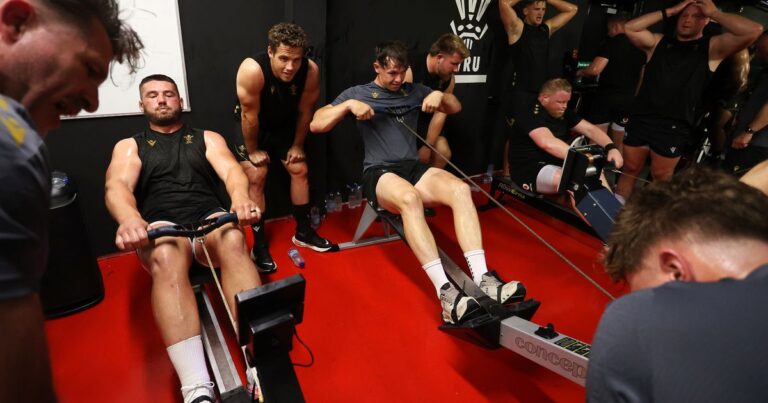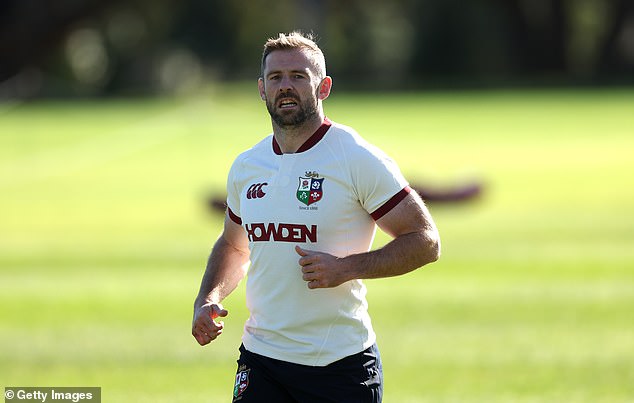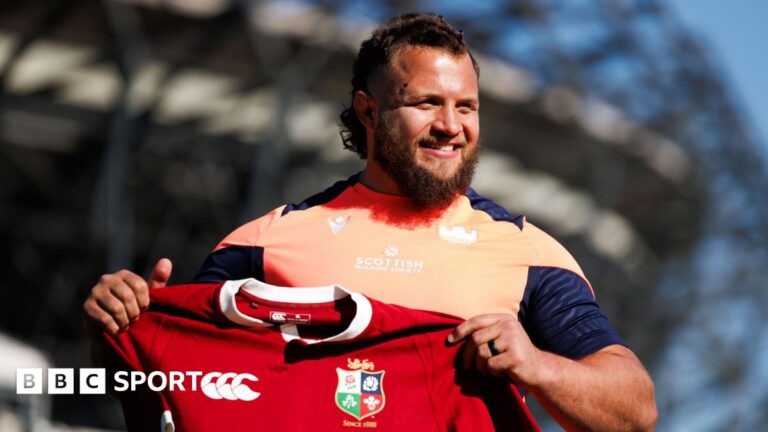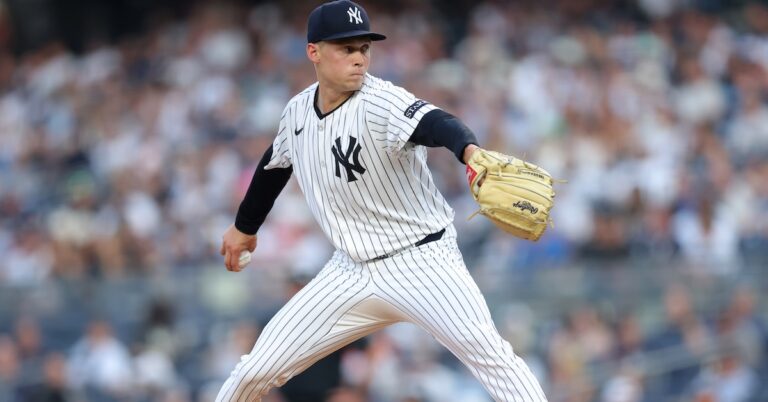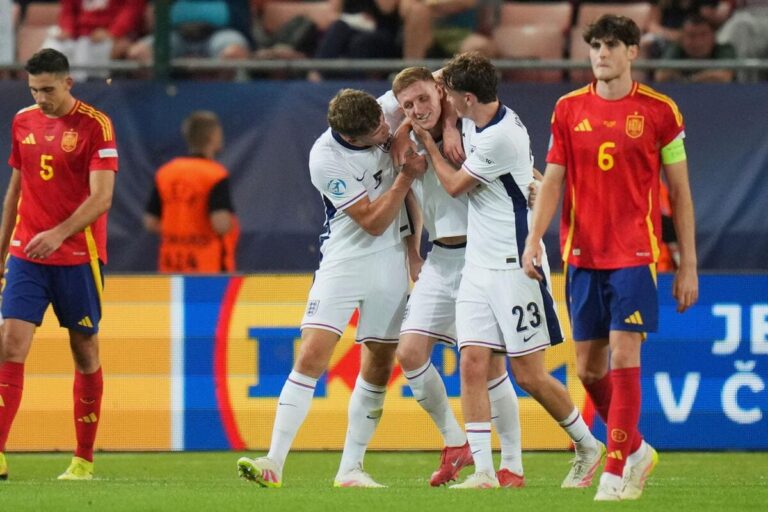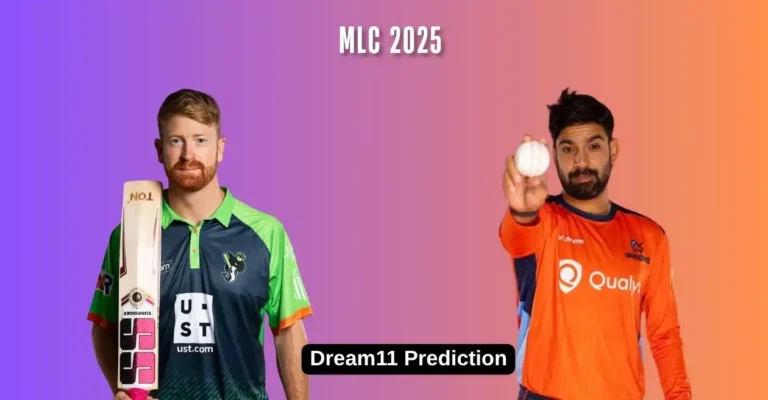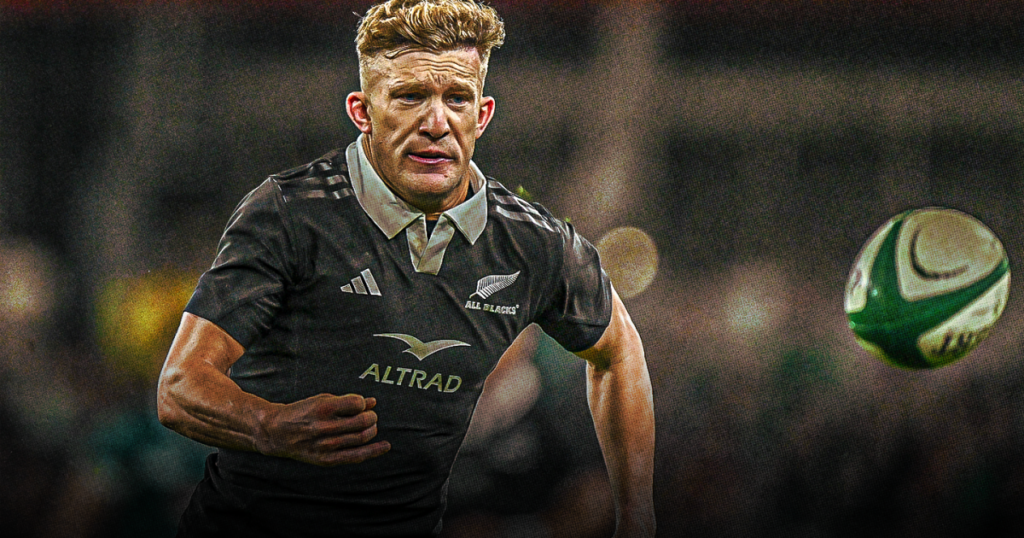
The votes are in, and the die has been cast for the French tour of New Zealand in July. The two clubs expected to meet in the Top 14 final, Stade Toulousain and Union Bordeaux Bègles, have accomplished their missions and will contest the Bouclier de Brennus this coming weekend. In the Shaky Isles, ‘Razor’ Robertson has announced his first All Blacks squad of the season and there are few major surprises in it.
It has only sharpened the controversy surrounding a series which will be New Zealand ‘A’ versus France ‘B’. There was a frustrated edge to the comments of French supremo Fabien Galthié when he contrasted the selection situation for the home side and the visitors recently:
“We don’t have a choice other than picking players who have [already] finished their [Top 14] seasons. They [New Zealand] started their domestic season in February and are finishing it now [in June]. They’re starting a period uniquely for the national team.
“We have no other solution. Or [maybe] the New Zealanders can help us to reinvent our domestic season schedule? French rugby players potentially have 37 matches to play with their club, to which we [can] add 11 matches for the French XV. Who can play 50 rugby matches per season? Nobody.

“After 25 matches or 2,000 minutes played, the factors limiting a player’s performance and development are multiplied. This is a public health issue.”
The number of Top 14 finalists on tour will be limited to five, but they will arrive late and only be available for the second and third Tests. There is no guarantee that the quintet will make it through the final trial-by-fire unscathed: “Let’s imagine that the targeted players for whom we have an agreement with the [club] managers [do not] get injured in the final,” Galthié said. The icing on the cake is that the head coach can only pick players who had ‘little or no’ playing time in the 2025 Six Nations. It is an unholy mess.
For one nation, the club/provincial competition provides a background to, and preparation for, the international season ahead. For the other, the club game is the centrepiece and a tour by the national team is an afterthought. In the circumstances, the best Razor can do is identify those areas where the surviving stragglers from the Top 14 are likely to have some ability to challenge his first-teamers.
Crusaders v Chiefs was an encounter of Test-match intensity. Every weakness was probed and exposed.
For Robertson, the last game of the season between the Crusaders and the Chiefs was an encounter of Test-match intensity. It was like a national trial, in which every weakness was probed and exposed. The analytical light shone and the lens of the game applied irresistible heat to the backroom discoveries made in midweek.
In the aftermath of the Crusaders’ 16-12 triumph in Christchurch, both coaches were only too aware of the main area that made the difference. Munster-bound Clayton McMillan summarized the essence of the Chiefs’ third consecutive final defeat as follows:
“Our contestable kicking game was just a little inaccurate, probably a metre-and-a-half, two metres too long and that didn’t give us the opportunity to get in the air, giving the likes of Will Jordan a bit more time.
“We know [Jordan] is world-class, and if you give him that space he’s going to hurt you.
“So, I think that tactical kicking game was where we probably had the edge on them down here last time, but they were superb in that area tonight.”
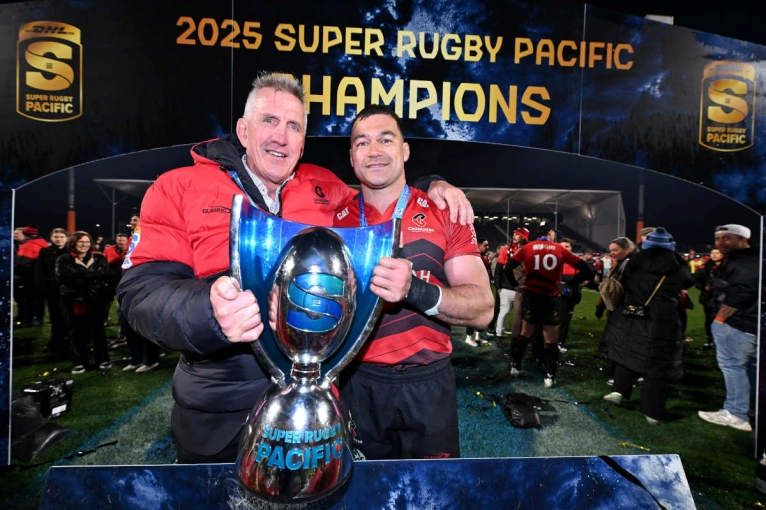
McMillan’s opposite number Rob Penney offered the view from the red-and-black corner:
“At the business end, the right people know how to do the right things, and that was evident today the way David Havili and his leadership group orchestrated the game-plan that was put together beautifully by the coaches, and I’ve just got so much admiration for them to do those things under pressure.”
Reading between the lines: tactical kicking accuracy, effectiveness of the kick-return game, Crusaders’ No.12 David Havili and his leadership group. Those were the keys. The spin-off effect for the All Blacks in their forthcoming series against France will be some searching questions linked to the New Zealand backfield. Les Bleus love to kick, and they love to kick long, That will not change, whoever wears the cockerel on their chest.

Even in the absence of the injured Antoine Dupont and with the potential withdrawal of UBB’s Maxime Lucu from the tour before it even gets underway, Galthié will be still able to pick from four excellent tactical kickers at No.9: Toulon’s Baptiste Serin, Racing-man Nolann Le Garrec, Lyon’s Jean-Baptiste Couilloud and the rising young gun, Baptiste Jauneau of Clermont.
The amateur days of the full-back guarding the entire width of the field behind the front line of defence are long gone. With ever more aggressive patterns of defence being adopted in every corner of planet rugby, the wings and even the scrum-half are more likely to be used to attack from the edge of the line, and custody of the backfield becomes the preserve of the 15 and the 10, or first five-eighth.
The rise of the hybrid 10/15 is integrally related to the role the No.10 is now asked to play on defence – dropping out of the line after the first couple of phases; then catching high balls, covering the corners and returning kicks by means of either boot or by hand. With ball in hand, he is still expected to orchestrate the play, but without it he needs to be able to handle those extra full-back chores.
It was in this area that the travails of Damian McKenzie in particular will have been a worry to Robertson when he contemplates the arrival of the Six Nations champions and their imposing fleet of hefty 18-pounders and lighter carronades. Even the depleted French armada which sails to New Zealand may be good enough to blockade the Chiefs’ magician in the All Blacks’ backfield zone.
One of the major problems with defaulting a small defender to the backfield is the target it paints on his back for the kick-chase, even if he manages to catch the ball in the first place:
Havili lofts the ball high, into the perfect spot just ahead of the 22, and D-Mac is comprehensively flattened by Sevu Reece on chase. Two of Robertson’s other likely All Blacks for the Test series, Scott Barrett and Codie Taylor, complete the turnover by counter-ruck.
That first kick planted the seeds of uncertainty:
This time the high kick comes from the boot of No.9 Noah Hotham, and Will Jordan is ready to scrag McKenzie after Emoni Narawa offloads from near touch. The pressure began to seep into all aspects of McKenzie’s own kicking game and the decision-making around it:
In the first clip, McKenzie comes out on the wrong end of a kicking duel with young Crusaders 10 Rivaz Reihana, in the second and third instances his kicking game results in easy turnovers for the red-and-black.
The climax arrived with a sharp volley of kicking exchanges between David Havili and McKenzie just after the hour mark:
Twice within two minutes, Havili dinks the ball into the right-hand corner of the Chiefs’ backfield and wins the battle with McKenzie hands [or maybe feet] down. In the first example he is in position to hoist a perfect high kick for Will Jordan to regather after fielding the return from D-Mac; in the second he is the man applying heat to the Chiefs’ 10 in the shadow of his own posts on the clearance kick. If you apply enough pressure consistently, the nut will crack:
Replacement No.9 Xavier Roe hands on trouble to D-Mac, McKenzie fumbles, and the man on hand to score under the posts is none other than… David Havili.
Despite the outstanding success of Havili and his leadership group in the Grand Final, the centre remains the only man not to survive the keen edge of Razor’s selection cull for the French tour of New Zealand. Noah Hotham, Sevu Reece and Will Jordan are all included, but Rob Penney’s kicking mastermind has not made the squad.
If Scott Robertson’s side does not win the series 3-0, there will be hell to pay.
Galthié’s own options may have been stripped back to the bare bones by the selection criteria agreed between the LNR and the FFR, but he will still be able to cobble together an effective kicking and kick-return game in the long punting duels that will inevitably develop during the series.
Les Bleus will ask searching questions of either Beauden Barrett or McKenzie when they are required to drop into backfield duty, and most of those questions have hovered over the pick at 10 for the All Blacks for some seasons now.
None of which will cut any ice with Kiwi supporters outraged by French attitudes towards the visit, which prioritise domestic club competition over the prestige of the international game. A ‘blackwash’ is the only way. If Scott Robertson’s side does not win the series 3-0, there will be hell to pay.
